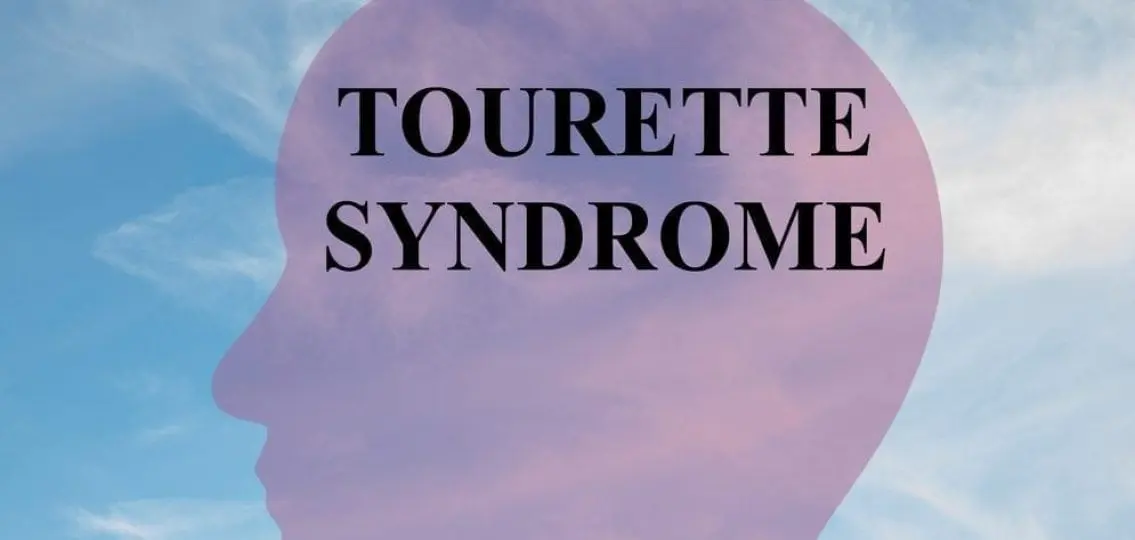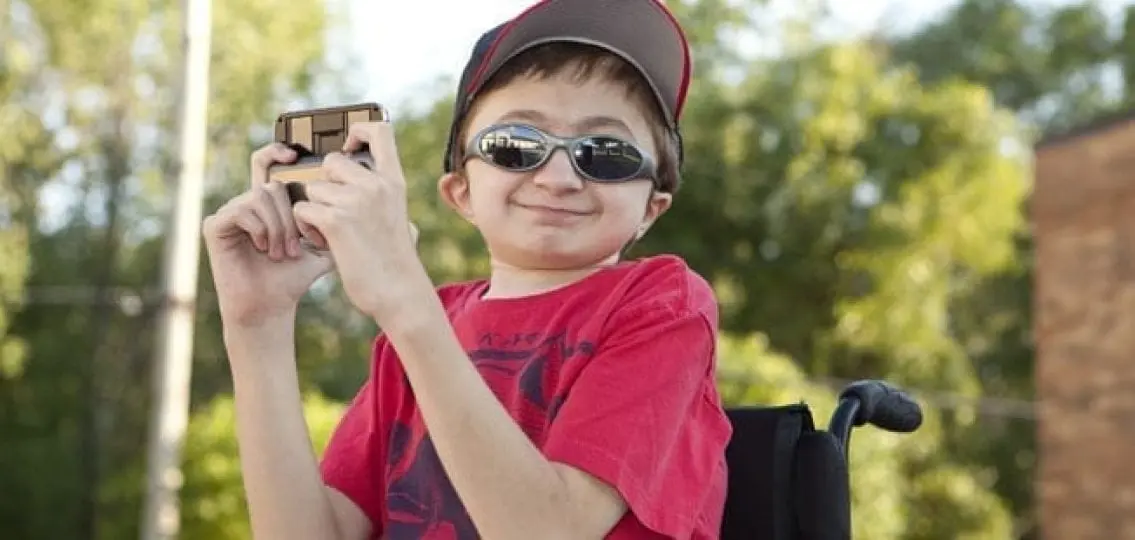Our son, Justin, is different. He looks like a typical kid, and he gets good grades, plays sports and makes great conversation. But, it only takes about 10 seconds to notice that he acts strangely.

We are raising a teenager with Tourette syndrome (TS), which means that he makes noises and has spastic body movements that he cannot control. His TS started when he was very young, with blinking his eyes and sniffling and clearing his throat. At 13, his TS has become much more significant. His body is constantly twitching, and he yells a variety of sounds and words. He is among the 6% of the Tourette’s population with Coprolalia, which means that he uncontrollably blurts out words that can be considered offensive.
The other day, I received an interesting note from a mom who was aware of Justin’s TS. She had once used harsh words against Justin and publicly humiliated him. At the time, my husband stood up for our son and criticized her inappropriate comments. He didn’t believe that his words resonated with her but we elected to move on and ignore her behavior. Following some recent publicity about Justin, we received a letter from the mom. The note said that she had no idea what we were going through, and had she known, she never would have said something to Justin.
After reading this, I had a number of mixed reactions. This person probably had the best intentions in writing the letter. Perhaps she felt guilty and needed to make herself feel better, or perhaps she feels sorry for us. The thought of the latter made me angry because we are definitely not to be pitied. So, I took great pleasure in shredding the letter and attempted to move forward.
But, I continued to wonder why her new awareness of Justin’s TS changed her mind about being unkind to him. Why did she need to know his diagnosis in order to suspend her judgment of Justin?
I believe that many of us want to be tolerant and don’t act with the intention to hurt someone. But, for some reason, we are naturally intolerant.
We more easily ridicule people who are different than consider that something else might be factoring into someone’s behavior.
In response to several such incidents, Justin became reluctant to go out in public. Already self-conscious, he decided that people were staring at him, thinking that he was either weird or possessed. He assumed that everyone wanted him to just be quiet. These were the struggles of raising a teenager with Tourette syndrome. I suggested that people might simply be distracted by the noises he makes and might not necessarily be thinking anything bad about him. Thankfully, my words resonated with him, and I could see the light bulb turn on.
In our family, we have decided to live by the motto, “Live and Let Live.” We have learned that we need to consider the factors that cause people to behave differently. Instead of making snap judgments, we will either offer help or ignore the situation.

The way I process what I see and how I act is my choice—and you have the same option. So, the next time you witness what appears to be aggravating public behavior, instead of judging it, think about being tolerant and accepting the differences in others. In doing so, you will set an example for your children and begin raising them to become thoughtful, tolerant adults.




